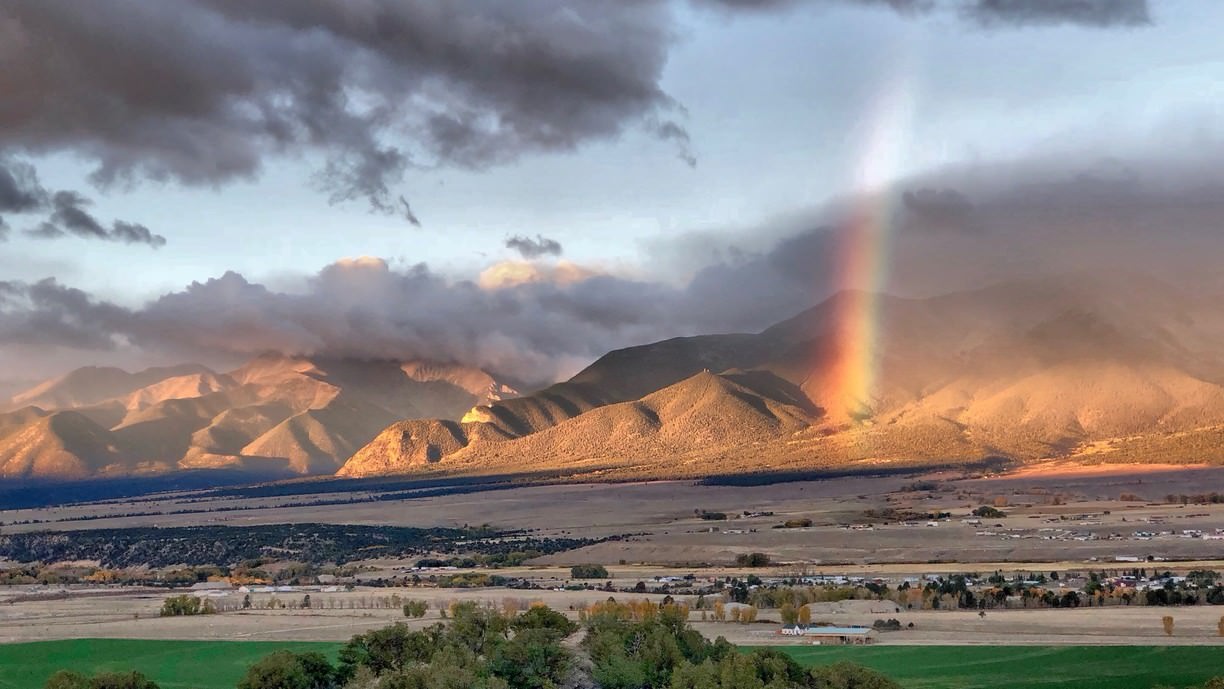
BY MIN JIN LEE
“Living every day in the presence of those who refuse to acknowledge your humanity takes great courage.”
Book recommendations come my way from a variety of sources. Friends, my writing group, the library newsletter, and even the entity that seems to know me best—Amazon—all contribute to a growing list of books that are “must” reads. But the best book I read this spring wasn’t pushed my direction.
I click-baited my way to it.
My daily Colorado Sun newsfeed gently suggested I check out the opening title sequence to a new show on Apple+, Pachinko. Bypassing the major news events of the day, I went straight to YouTube and watched the cast dancing to Let’s Live for Today by The Grass Roots. Immediately hooked, I parasited my way into my daughter’s Apple+ account to watch the first episode. Normally, English language dubbed over a Japanese/Korean script wouldn’t be my schtick–but there was something about this story…
Back in the day, whenever I mentioned a good movie to my high school drama teacher (who also served as the English teacher, ASB advisor, and about half the other positions in the school,) Ms Lewis would remind me “the book beats the movie every time.” Ms. Lewis was rarely wrong.
Min Jin Lee’s second book, Pachinko, earned her a National Book Award finalist spot in 2017. The story follows Sunja, a young woman born in Japanese-occupied Korea, as she escapes the stigma of an illegitimate child by emigrating to Japan and raising her family in Ikaino, the Korean section of Osaka. Spanning nearly 70 years, Lee deftly weaves a compelling family saga through the Asia’s 20th century rise to modernity.
Although I was lured in by colorful TV stars dancing in a Pachinko parlor, it turns out that was just glitz for the big screen. The book’s plot—things that happen to a family over decades—kept me hooked. It was a familiar concept, like Larry and Sally Morgan in Wallace Stegner’s Crossing to Safety; or Danny and Maeve Conroy in Ann Patchett’s The Dutch House. I find the journey of a family familiar and Dickensian.
But I’m also wary of comfort reads. It’s important to push outside comfort zones and I’ve been guilty of diving into a series at the expense of broadening my horizons (no thanks to you Wyoming cowboy authors, CJ Box and Craig Johnson.) I’m familiar with Asian culture after living two years in Seoul, Korea and three years in Beijing, China. But saying I understand the Asian mindset is like a foreigner splitting five years between New York and Los Angeles and returning home claiming to completely understand Americans. Nope.
Min Jin Lee opened my eyes to the plight of the zainichi (Koreans living in Japan,) and the workings of the yakuza (Japanese and Korean gangsters,)—topics I knew nothing about. Her book settled me in an unfamiliar but intriguing world—like discovering Orville Peck’s music or Avogado6’s art—and I liked it.
The stoicism Lee describes throughout her novel was not a surprise. I’ve read and watched enough Chinese authors and directors (Ha Jin’s Waiting; Zhang Yimou’s To Live) to recognize that a hero in an Asian drama is one living a life of quiet desperation, bound by tradition, authoritarianism, or—in Pachinko’s setting—discrimination. These are not stories that conclude with “Mai Tais and Yahtzee”—instead the journey is the story.
Given the choice of thumbing the remote over to Apple+ of checking out the book, I recommend the latter. But not before you watch that opening title sequence—one more time!
